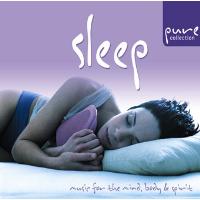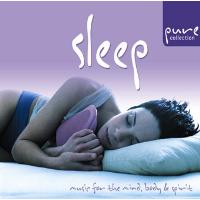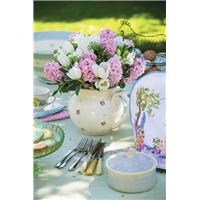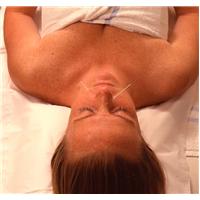London: Christmas stress piles on the pounds, according to a new survey from Weight Watchers Online.
The survey reveals that:
· 57% name Christmas as the most sociable time of the year
· 82% name time off work as the most enjoyable part of the lead up to Christmas
· Over a third of people stress out thinking whether people will be happy with their Christmas present
· Over 1/3 of people find not tucking into all the left over food the hardest thing about the aftermath of Christmas
The stress of the festive period manifests itself in 12 Personas of Christmas the study concludes.
Shopping is undoubtedly one of the countrys favourite activities, this is voted the most stressful part of the festive season with 61% of participants claiming it is their number one headache.
82% of participants asked, said that they found Christmas, as a whole, the most stressful time of year.
With all the different stresses that surround the festive holidays, Weight Watchers Online has discovered the 12 Personas of Christmas.
Stressed Susan Suffers from Christmas shopping overload
Top Tip: make lists for all the shopping, who you need to buy for and buy a few extra backup presents just in case. Make use of the shops websites and catalogues for ideas.
Picky Pam – Loves to snack when near food at Christmas
Top Tip: replace those nibbles with healthier options. Place bowls of pretzels, rice crackers or Weight Watchers Rice Sticks around the house.
Frivolous Fred – Overspending on presents can cause stress and worry in the aftermath of Christmas
Top Tip: set yourself a budget to avoid overspending. Sit down and work out exactly how much you want to spend and how much you can afford. Dont forget to shop around for those presents; take advantage of gift offers that are in many shops.
Worrying Wendy A Worrying Wendy stresses about people being disappointed with their presents
Top Tip: Ask around for advice on what people might want, but stop giving yourself a hard time, its the thought that counts. How about making a personal gift with photos or homemade cookies? Try to remember this time of year is not just about presents.
Negative Nelly Stresses about losing weight to look good in time for Christmas Day.
Top Tip: Dont panic, were only human. If you have over indulged or are concerned about weight loss then seek tips and strategies from Weight Watchers Online, and you will soon be back on track.
Fashion Fretter Fran Ruins the run up by worrying what wear to the Christmas party
Top Tip: Remember you dont have to go over the top. Wear something youre comfortable and confident in and dress it up with wonderful accessories; perhaps some sparkly earrings or a glitzy handbag
Turkey Tim Stresses about cooking the Christmas dinner
Top Tip: Make a timetable and try and get as much done the night before. Delegate even if its just laying the table – youll be surprised how these little jobs can ease the stress from the cooking
Conscientious Carol – Spending times with the in-laws and relatives for many is a huge worry
Top Tip: Remember its only for one day, why not take yourself out for a walk for 10 minutes to try to relax, Try and plan in advance activities that will keep everyone entertained, such as the classic charades!
Money worry Mary Paying off the debts can worry many of us before, during and after Christmas
Top Tip: Christmas is not just about presents, you can be generous without being extravagant. Shop around for the best deals and dont forget to set out a payment plan by giving yourself a budget to stick to for the 6 weeks after Christmas. You can always give time as a present, offer to do the gardening, or a voucher for a home-cooked meal.
Torn Tracy A Torn Tracy worries about where to spend Christmas day; friends, family, partner?!
Top Tip: You dont have to upset anyone, divide up Christmas between the houses. Spend Boxing Day with one, Christmas Eve with another and have everyone to yours for drinks on the Bank Holiday
11. Hurrying Holly Always in a Hurry but never on time. Nothing seems to be done, everything is started, but left to the last minute.
Top Tip: Sit down, relax, and take a breath! Pick up a piece of paper and pen. Write a list of what you want to achieve and give yourself a time frame, do not be ambitious but be realistic.
And the persona we all strive for
12. Jolly Josephine – Whom everyone wants to be! Taking Christmas in your stride, looking forward to the big day and everything is under control and makes up the perfect timetable!
Top Tip: Share your knowledge and calmness with those around you!
Gina Schauffer, senior editor of WeightWatchers.co.uk says: “Christmas is undoubtedly a stressful time of the year, but its important to bear in mind that its only one day. WeightWatchers.co.uk offers a stress-free online weight loss service, available 24/7, with recipe ideas, fitness tips and interactive message boards where one can share Christmas tips and experiences with like-minded people. However, Christmas comes but once a year and everyone deserves to enjoy a treat every now and again.”
Other interesting statistics;
· 57% name Christmas as the most sociable time of the year
· 82% name time off work as the most enjoyable part of the lead up to Christmas
· Over a third of people stress out thinking whether people will be happy with their Christmas present
· Over 1/3 of people find not tucking into all the left over food the hardest thing about the aftermath of Christmas
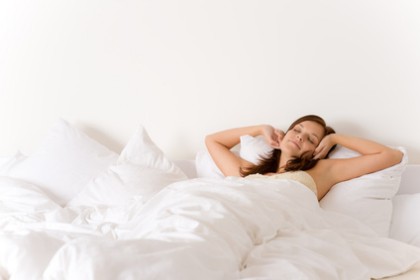 A survey conducted by a nutritional supplement company found that 71% were most likely to take a sicky in January. I doubt any of us are surprised by that revelation.
A survey conducted by a nutritional supplement company found that 71% were most likely to take a sicky in January. I doubt any of us are surprised by that revelation. 
